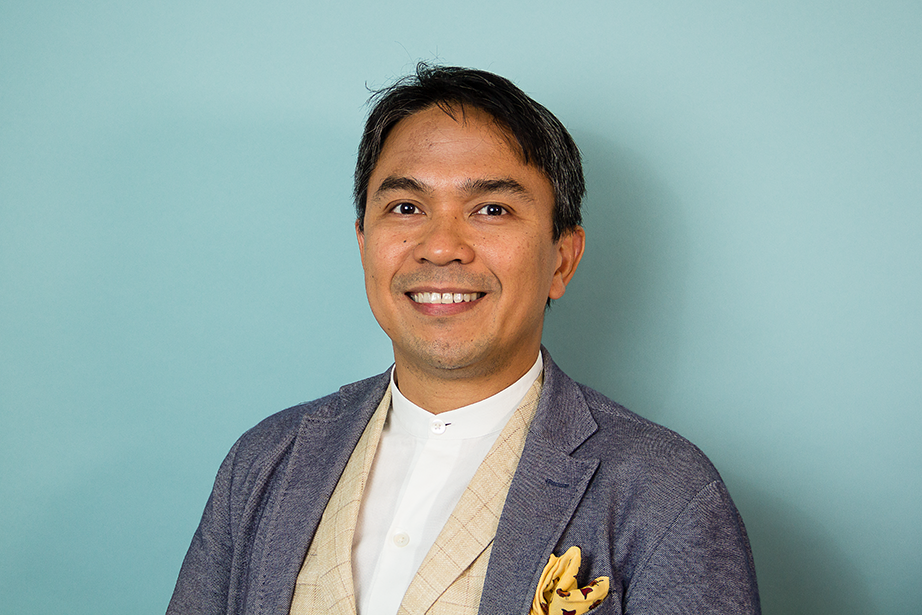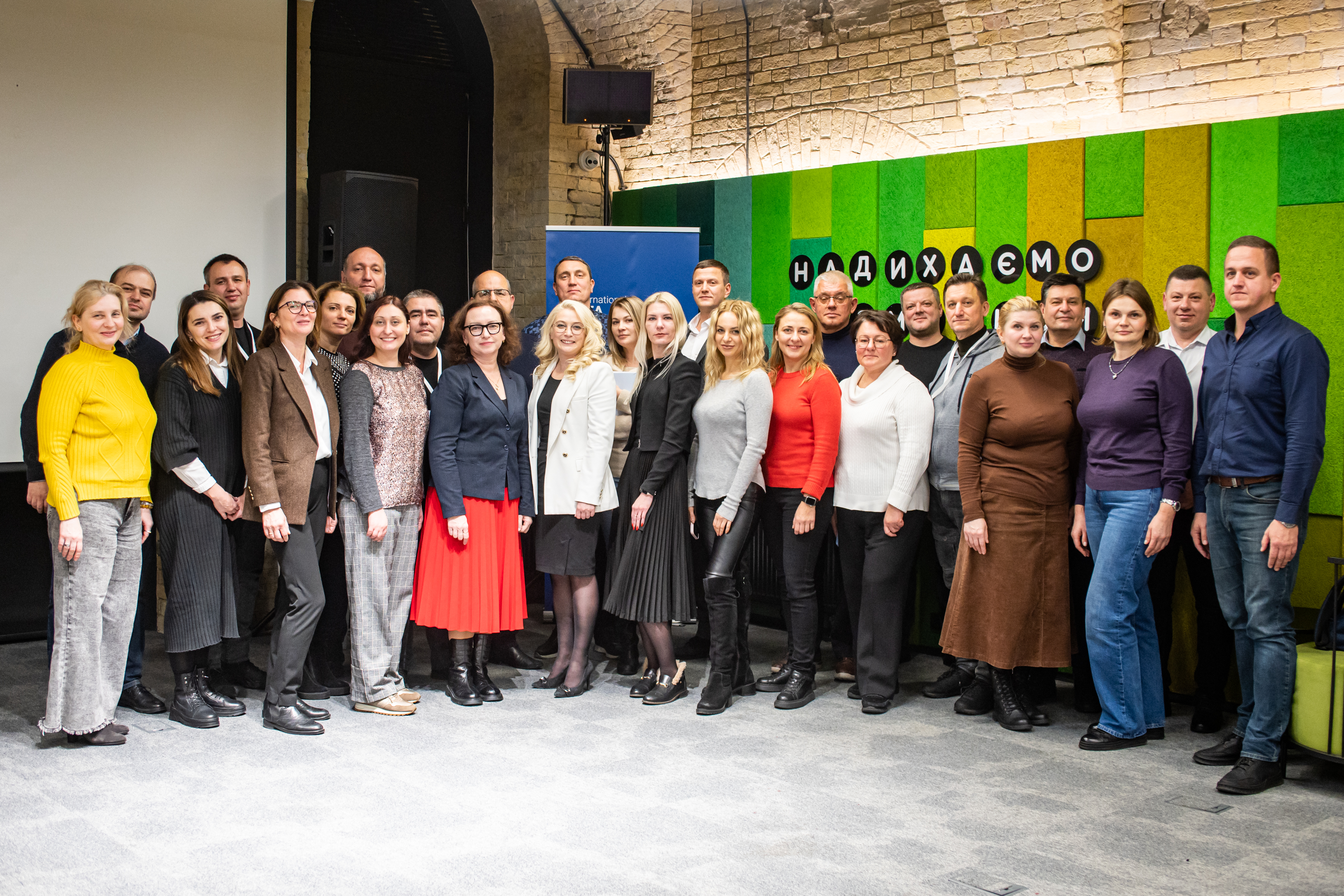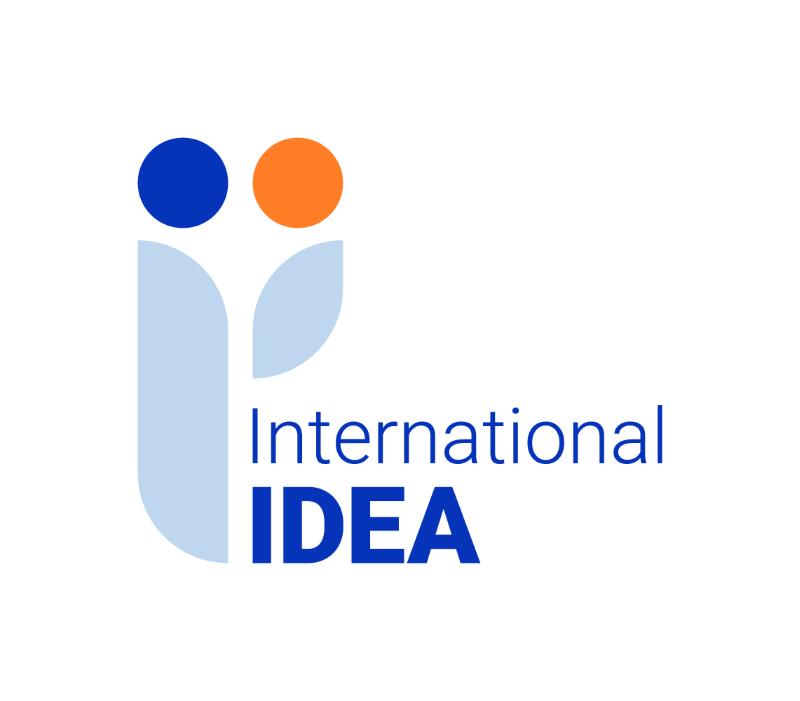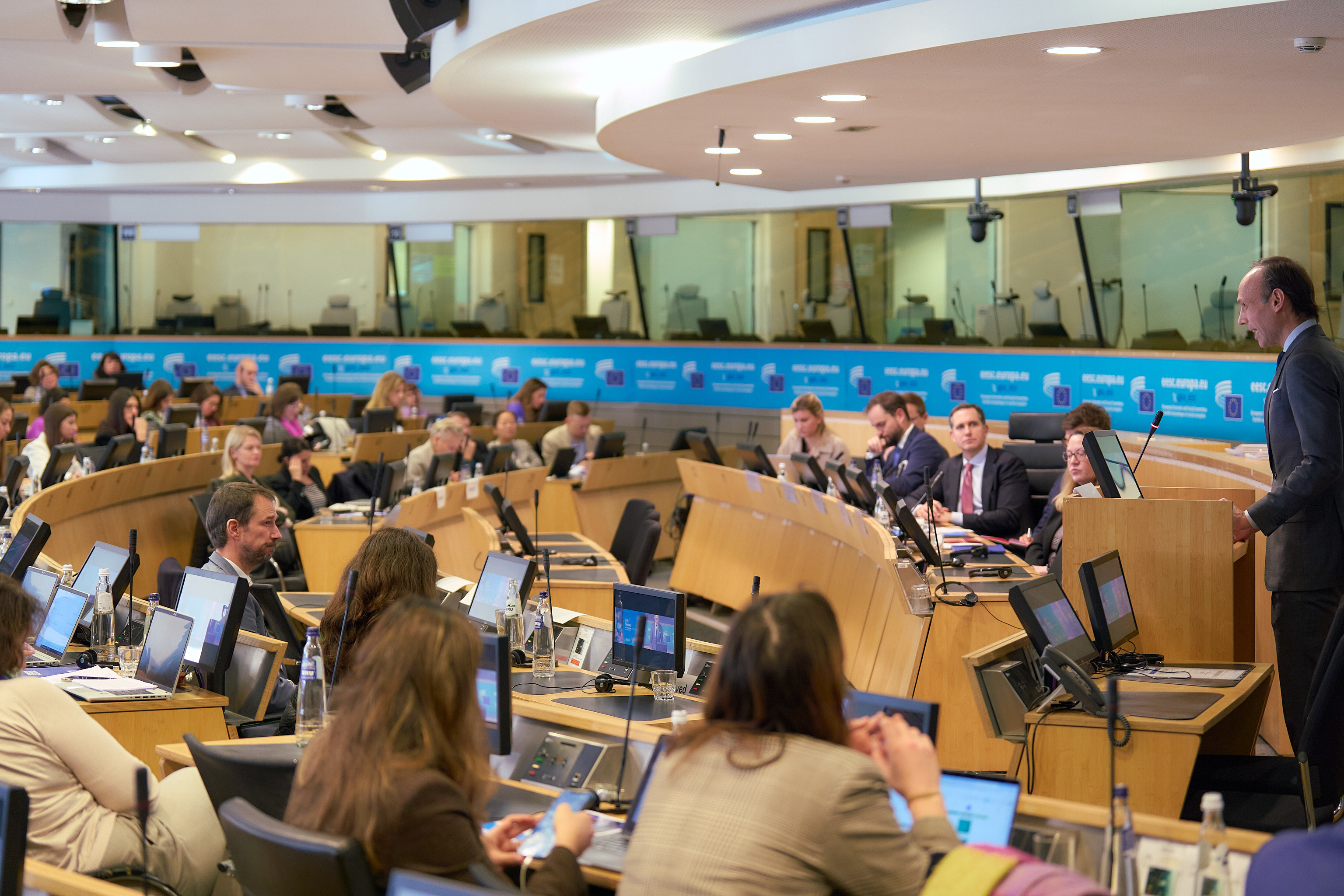Safeguarding democracy is important and every small act you make matters
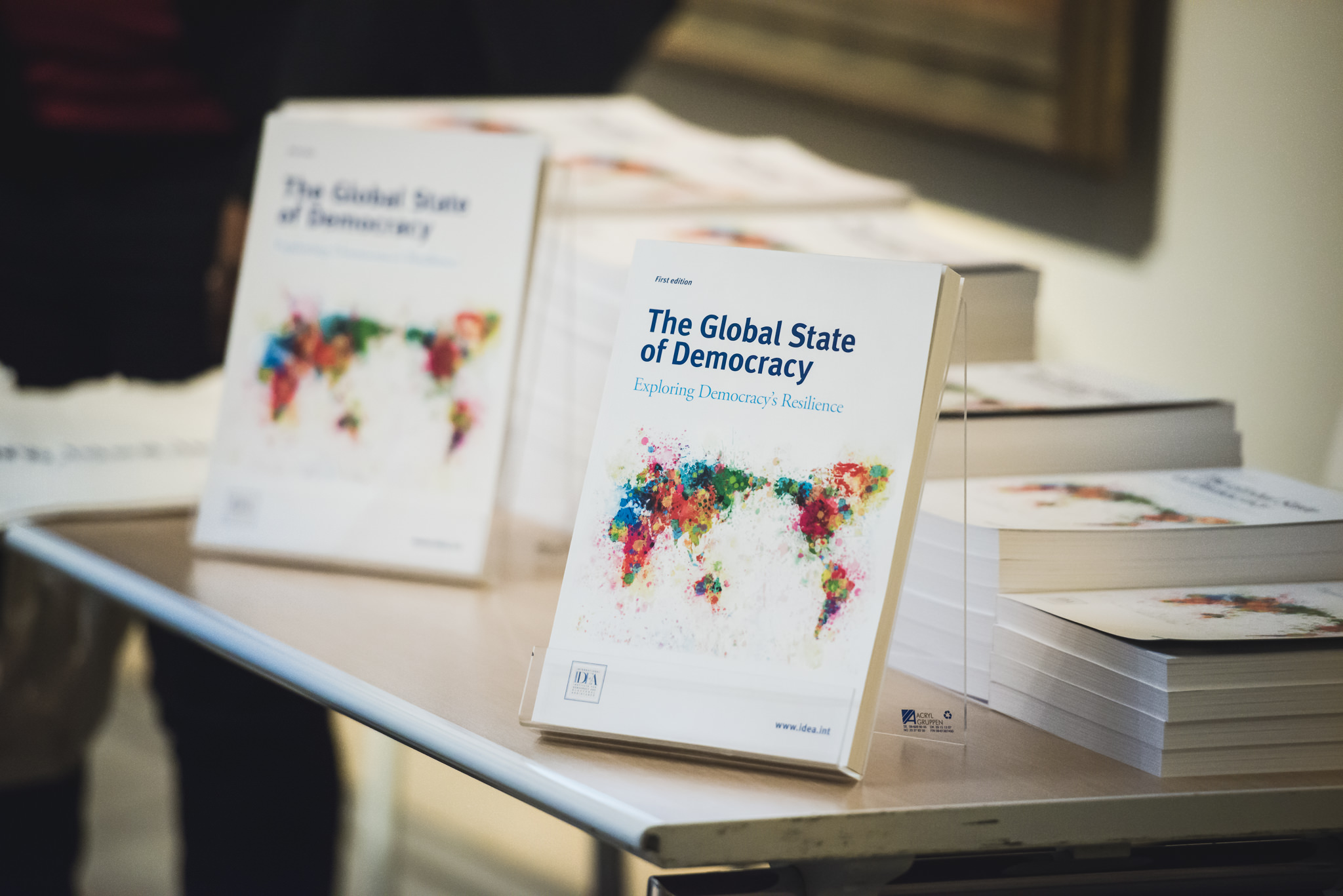
Up until 2017, analysis and commentary on democracy’s decline pervaded the news. The Economist Intelligence Unit’s Democracy Index report pointed out that in 2016, 70 democracies were in decline. In the book, The Retreat of Western Liberalism, Financial Times columnist, Edward Luce, argues that “Western democracy is not yet dead, but it is far closer to collapse than we may wish to believe”. Georgetown University’s Jason Brennan, in his book, Against Democracy, qualifies that voter ignorance is one of the major pitfalls of modern democracy and this negatively affects democracy’s effectiveness as a system of government.
Amidst these negative reportages which challenge democracy as the best political system, it was only apt for International IDEA as the only inter-governmental organization with the sole mandate to support sustainable democracy worldwide to look closely into this issue. This was the context under which International IDEA’s Global State of Democracy publication was conceptualised. Envisaged as a biennial report that clarifies the state of democracy worldwide, the publication presents analyses quantitatively through a set of Global State of Democracy Indices and qualitatively through regional and country case studies.
With the theme, Exploring Democracy’s Resilience, the first edition of the Global State of Democracy publication qualifies the global picture on the state of democracy. Contrary to the general perception, from 1975-2015 democracy has advanced with most electoral democracies established during this period surviving. Moreover, the number and proportion of countries holding elections have increased. Governments are now more representative of (and responsive to) their constituencies, more countries respect the fundamental rights of their citizens, and social rights and equality feature sharp improvements. Furthermore, governments are more constrained by checks from parliaments, the judiciary and the media.
On the other hand, since 1975 democracies continue to grapple with corruption and in upholding the rule of law. The publication also affirms that many regions and countries have recently seen reversals or declines in the quality of their democracies owing to global challenges like populism, unbridled money in politics, inequalities and conflict. Analysis, however, showed that when democratic backsliding occurs, the value people give to democracy is strengthened.
The Global State of Democracy Indices suggests that while since 2002 there have been upturns and downturns in democracy within certain regions and individual countries, it is not yet possible to see clear and visible tendencies of progress or decline. This thus raises the need for governments, institutions, actors, Civil Society and citizens like you and me to recognize and tackle those that undermine democracy.
In this fourth quarter Newsletter of International IDEA, we look back on the year that was and focus on the Global State of Democracy. In his message, International IDEA Secretary-General Yves Leterme reflects on 2017 and highlights key actions that International IDEA undertook. In a commentary, entitled "Democracy – is the glass half full or half empty?", Secretary-General Leterme and Jan Eliasson, United Nations Deputy Secretary-General (2012-2016) build on the findings of the Global State of Democracy publication to enjoin actors to do their part to safeguard democracy. Through videos, we feature the experiences and actions of Brigalia Bam (South Africa), Sergio Bitar (Chile), Mario Wächtler (Germany), Cheery Zahau (Myanmar) and Line Ben Mhenni (Tunisia) to safeguard and protect democracy in their countries. We also recommend the commentary by International IDEA Programme Officer Melida Jimenez published in the Washington Post’s Monkey Cage: “Is democracy in a worldwide decline? We measured it. Here’s what we found”, which looks more closely at trends globally and regionally via the lenses of the Global State of Democracy Indices from 1975 to 2015. In “Returning to the facts on The Global State of Democracy” by Ruby Leahy Gatfield, we discuss the very first launch of the publication here in Stockholm and highlight how it was well-received.
As we close the year and prepare ourselves for 2018, we must recognize that democracy cannot be taken for granted. It requires all of our actions – big and small. This can be through participating in a public debate in the community, voting in your local or national elections or even responding to a government poll online on the health system. It is in our common interest to (continue to) safeguard democracy.
